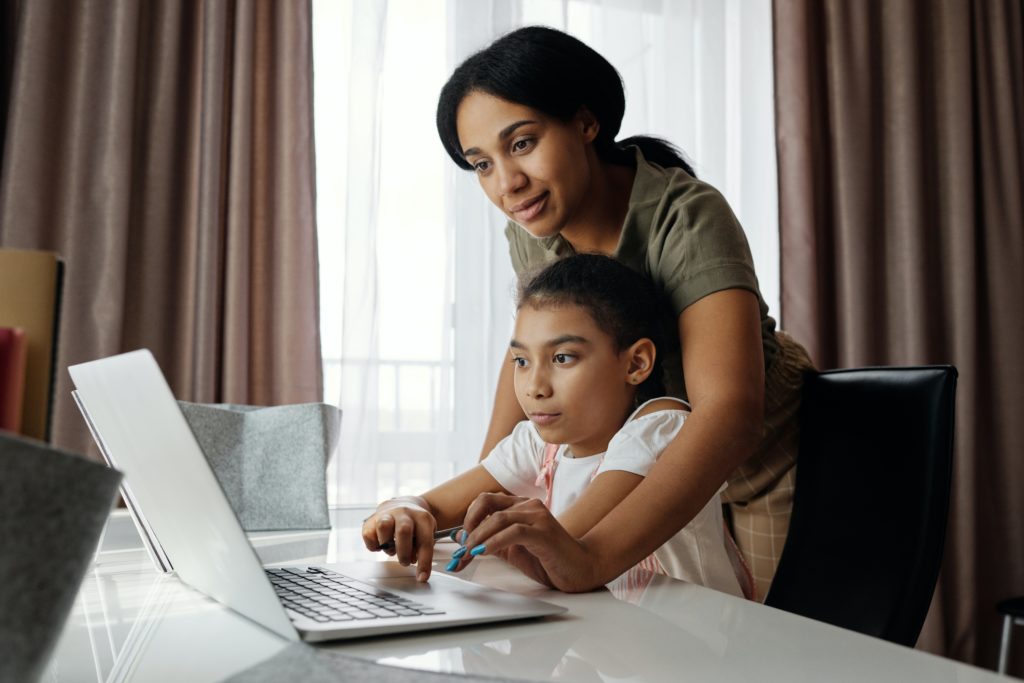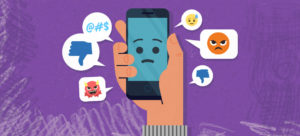4 useful coding apps for learners

The acceleration caused by the 4th industrial revolution, combined with unforeseen disruptions in schooling due to Covid-19, has emphasised the need for students to be more familiar with coding.
The Department of Basic Education (DBE) explains coding as written instructions that a robot or computer programme can read and execute.
Coding has already been introduced incrementally to lower grades in South Africa. Some parents have enlisted their children in lessons and camps where coding is being taught. Administering computer literacy to children at a young age has the potential to help them manoeuvre easily in the new age.
However, there are some schools which still lack the infrastructure and training to teach this futuristic subject. The likelihood of students being unable to work on a computer or within such applications will serve as a disadvantage in the future.
According to the DBE website, Chief Director for Mathematics Science and Technology (MST) and Curriculum Enhancement Programmes, Mr Seliki Tlhabane, said: “Coding and robotics will integrate diverse skills such as creativity, collaboration and problem-solving to groom learners for future careers”.

The World Economic Forum estimates that thousands of existing jobs will be erased due to the 4th Industrial Revolution, but more than 100 million jobs will be created.
READ: Anticipating the 4IR in education
With technology changing so rapidly, parents need to encourage their children to familiarise themselves with coding apps. Parents who are not interested in technology need to assist their children with skills that will be essential for their future. The applications that some parents have introduced to their children’s schedule can be downloaded on a computer or mobile device. This gives children the opportunity to learn at their pace, and familiarise themselves with as much as they can.
Here are some apps to help you address coding in your household.
Scratch
This app helps children between the ages of 6 to 18 to programme and showcases their creativity. It also provides an opportunity for learners to code for maths, language and computer science.
Think & Learn Code-a-Pillar
This app is beneficial to children in preschool; from five year olds and younger. It helps children solve problems to the best of their ability.
Alice
Just like Scratch and Blockly, Alice also involves block-based programming which allows for the creation of animation, resulting in 3D models.
Blockly
Introduces games that teach learners the fundamentals of coding. This app is geared towards learners in high school and university students. When students are familiar with this app, they will be able to solve problems in the future by using the coding techniques learnt while mastering it.



